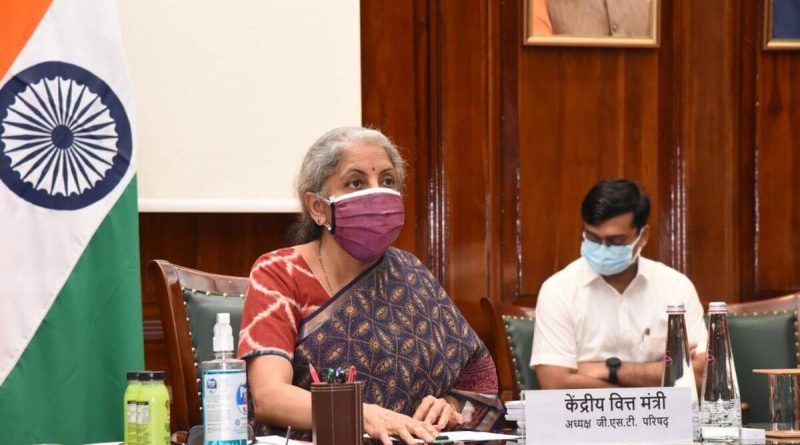GST Council May Raise Tax Slab From 5% to 8% To Raise Revenue
GST Council might consider increasing lowest tax slab from 5% to 8% in its next meeting. It may also cover certain items that are exempted from GST right now. According to experts the government is taking this move to lower the dependence of states on central government. It creates a burden on the growth and development projects of the government.
The current Goods and Services Tax slabs in country are 5%, 12%, 18% and 28%. Panel of state finance ministers will submit a report this month to GST Council and will suggest several ways to raise revenue including the need to increase the lowest tax slab by 3%. Raising slab by 3% will increase the annual revenue by Rs 1.50 lakh crore. Lowest tax slab of 5% currently covers edibles like cooking oil, sweets, nuts and other packaged food products. It also contains life saving drugs like insulin, coal, fly ash blocks, cab services and few more segments.

Also read:
LIC IPO Most Likely To Be Launched Next Year Now
Several essential items are currently exempted from tax and the items of demerit or luxury are taxed at 28%. Luxury goods also attract a cess over 28% GST to compensate for revenue losses due to GST rollout. The GST compensation drive will end this year in June and centre expects the states to be more independent and do not ask Centre to fill revenue gaps.
GST was first introduced in July, 2017 and Central Government promised the states to give compensation for five years to protect the revenue at 14% per annum (keeping the base year revenue of 2015-16). Over the span of 5 years GST has been reduced several times and revenue neutral rate has come down to 11.6% from 15.3%.
Government might be looking at a three tier structure which is currently four tier by keeping the slabs at 8%, 18% and 28%. All the goods and services that come under 12% slab will be moved to 18% slab. GST Council is chaired by Union Finance Minister Nirmala Sitharaman and has panel of state ministers headed by Karnataka CM Basavaraj Bommai.



